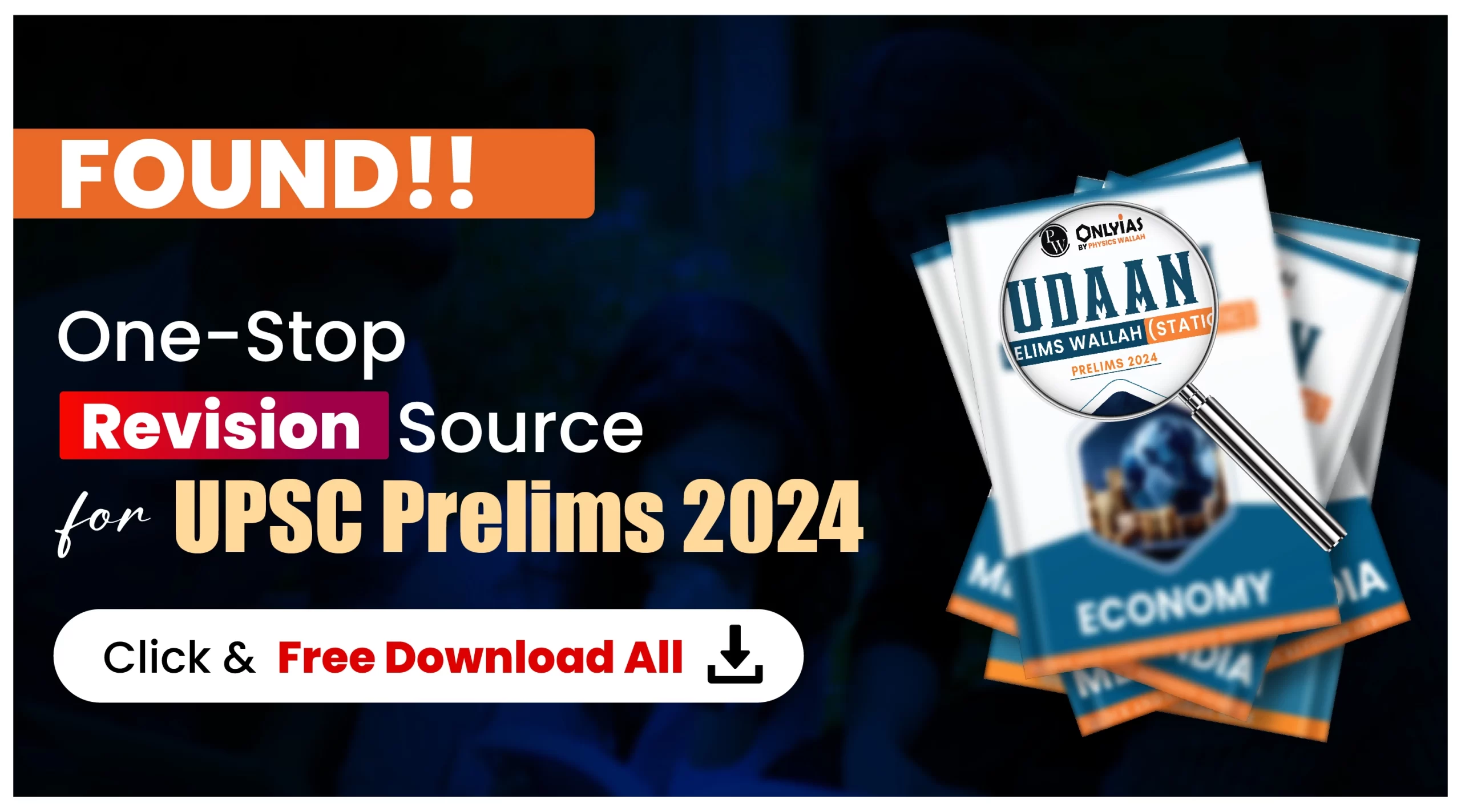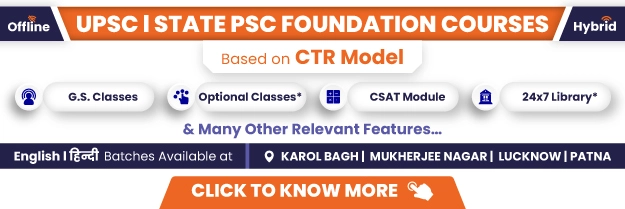Introduction
Victor Alexander John Hope, 2nd Marquess of Linlithgow, sometimes known as Lord Linlithgow, was a British Unionist politician, farmer, and colonial administrator who lived from September 24, 1887, until January 5, 1952. was referred to as Linlithgow frequently. He served as Viceroy and Governor-General of India from 1936 to 1944. He served as the General Assembly of the Church of Scotland’s Lord High Commissioner, Chancellor of the University of Edinburgh, and Vice President of the Royal Society of Edinburgh.

Significant Events During Lord Linlithgow Tenure
1936-37: First General Elections
British India held provincial elections in the winter of 1936–1937 in accordance with the 1935 Government of India Act.
- The eleven provinces that held elections were Madras, Central Provinces, Bihar, Orissa, United Provinces, Bombay Presidency, Assam, NWFP, Bengal, Punjab, and Sindh.
- In February 1937, the election results were made public. Except for Punjab and Sindh, eight of the provinces came under the rule of the Indian National Congress. In none of the provinces, the All-India Muslim League was able to establish a government.
- Viceroy Lord Linlithgow’s decision to declare India a belligerent in World War II without seeking the consent of the Indian people resulted in the resignation of the Congress administrations in October and November 1939.
1939: Forward Bloc Formation
The Forward Bloc political party was established by Subhas Chandra Bose. He founded it as a radical faction within Congress after stepping down as president of the body in 1939.
- He explained that the objective of the new party was to “rally all radical and anti-imperialist progressive elements in the country on the basis of a minimum programme representing the greatest common measure of agreement among radicals of all shades of opinion.”
- However, he believed that his appeal would be heeded by all radicals, including socialists, communists, and Kisan Sabhaits.
1940: Lahore Resolution
Muhammad Zafarullah Khan wrote and prepared the Lahore Resolution, also known as the Pakistan Resolution or the Declaration of Independence of Pakistan
- It was delivered by A. K. Fazlul Huq, the Prime Minister of Bengal, during the three-day general meeting of the All-India Muslim League in Lahore on March 22–24, 1940.
- An important turning point in Pakistan’s history was the adoption of the All India Muslim League’s annual resolution calling for the creation of a separate country for the Muslims of British India.
1940: August Offer
The August Offer, a proposal from Lord Linlithgow, was the government’s response.
- In Ramgarh Session in March 1940, Congress adopted a resolution promising support for the government in times of war in exchange for the establishment of a provisional National Government at the federal level.
- This proposal suggested that a Constitution Making Body be constituted right away after the war, but it rejected the call to establish an interim National Government. Congress rejected it by a vote.
1940–1941: Individual Satyagraha
In the turmoil, there was a demand for a mass movement. But this time, Gandhi resorted to satyagraha, or individual protest, to defend the right to free expression rather than starting a large-scale campaign.
- A large-scale movement might turn violent at some point. The least extreme members of society were used to carefully choose each satyagraha.
- After making a speech opposing the war, Acharya Vinoba Bhave, the first Satyagrahi, was put in prison. The second Satyagrahi was Jawahar Lal Nehru, and the third was Brahma Datt, a resident of the Gandhi Ashram. They were all held captive.
- However, there was little excitement for individual satyagraha. In December 1940, Gandhi ordered the movement to come to an end. It was reintroduced with more vigour.
1942: Cripps Mission
The Cripps Mission was given the duty of controlling the political situation that had emerged in India by the British parliament in the early months of 1942.
- The mission was overseen by Cabinet Minister Sir Stafford Cripps. Cripps, a radical member of the Labour Party and a former leader of the Commons, was a fervent advocate for the Indian national cause.
1942: Quit India Movement
At its meeting in Wardha in July 1942, the Congress Working Committee adopted a resolution calling for the speedy end of British rule in India. It is referred to as the “Quit India Resolution.” The All India Congress Committee in Bombay ratified it on August 7, 1942.
- The Gowalia Tank Maidan, subsequently known as August Kranti Maidan, approved a nonviolent mass uprising led by Gandhi. On August 8th, Gandhi gave the renowned “do or die” address.
- Following the completion of the meeting on August 8th, the government started rounding up Congress leaders, and within a week, most of them—including Gandhi—had been imprisoned.
- The movement ended up being a metaphor as a result. Even though it started as a nonviolent movement, violence was pervasive.
Evaluation Of Lord Linlithgow Tenure
Responsible administrations with elected members was established in every province, including Bengal. Significant political and constitutional changes were made in Linlithgow.
- The most noteworthy invention of Linlithgow’s administration was the establishment of the federal principle. The federation gave its eleven regions of British India autonomy.
- However, tensions between the Muslim League and the Indian National Congress almost caused the plan to fail. The federation plan could never be executed completely.
|
#PW-OnlyIAS Edge |
|
Conclusion
Minority representatives were present in every cabinet in Bengal and other provinces both during and after his rule as a result of his fervent belief in upholding and defending the rights of minority populations. The changes brought about by Linlithgow signalled the start of a new era in British-Indian ties. India was now close to achieving full peacetime independence.













